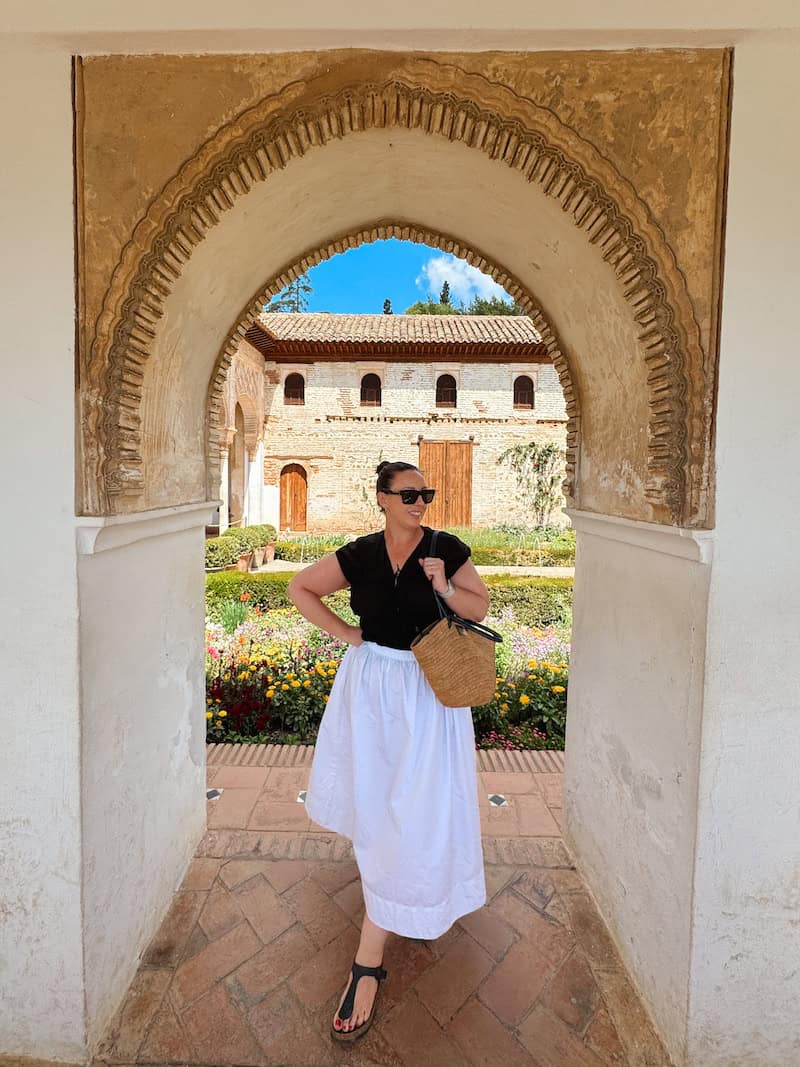Blogging is something you need to have a lot of patience with; rarely do results come along in the first couple months, and when you’re first starting out you might not have many hours to dedicate to it.
But whether you intend to blog as a hobby or make it your full-time profession, there are a few things you need to get right from the start to have long-term success. (Or not lose patience with your website a week after launching it!)
From what goes on behind the scenes to the content you hope will reel readers in, here are 3 things you need to consider when you’re starting out as a blogger.
(This post contains affiliate links. Please visit the disclosure page for more information.)
3 Things To Consider Before You Start A Blog

Nail Your Niche!
Before you start penning that first post it’s important to consider whether there are going to be plenty more post ideas to follow it and an audience who will enjoy reading them!
Your niche is something that your site is going to be known for. It’s going to effect the type of readers you draw in and also the type of products and advertisers you might decide to promote later down the line. To stand out from the crowd it needs to be fairly unique, yet not too niche that not many people search for it. In short, nailing a niche can be rather difficult so you want to make sure you’ve put in a lot of research into the subject before jumping in.
Reading other blogs on the topics you’d like to write about it a great place to start. Using sites like Feedly and Bloglovin you can scan through blogs that are focused on the same keywords you’re interested in and see what size of audience they are drawing in. You can also use a tool like Keysearch to get an idea of the search volume for the keywords you will be using.
Read also: How to find your first 100 blog readers
Pick Your Platform
When it comes to running a blog, the platform you choose to set up with is crucial. Unless you’re a savvy coder, you’re going to want a platform with a simple back-end that allows you to customise the layout and design without getting involved in the CMS.
For this reason many bloggers choose to set up their blogs on WordPress. A self-hosted WordPress site allows you to upload a theme that will best showcase your content. With the click of a few buttons you can customise elements of the design such as fonts and colours and using plugins (more on that below) you can control what appears on your sidebar and home page.
Publishing posts on a WordPress site is simple for even those of us who aren’t very web savvy and you’ll be able to play around further with different features as you get more confident.
I order to get your blog live, no matter what platform you go with, you will need a hosting company. There are many hosting sites that offer dedicated WordPress hosting, such as Hosting.co.uk ,who have a team of professionals you can connect with via live chat if you come up against any problems.
Choose The Best Plugins
Plugins can the difference between a site that’s really hard to navigate and one that readers can’t help but click around. If you take a glimpse to the right of this post you’ll see what kind of functions you can add to your site with a plugin. Some plugins might come with your theme – the About Me and Let’s Connect section in my side bar were created by the theme – but there are a wealth of additional plugins you can add to your site to showcase popular posts, highlight your niche and make it easy for new readers to follow you.
To get an idea of what plugins you’d like to install on your site go to some of your favourite blogs and click ‘view page source’ to see what plugins they used to create it. (You can also check out the name of their theme this way too :p)
In addition to the plugins that can be seen on the front-end, there are a wealth of plugins that provide valuable functions for a blog such as preventing spam comments, integrating Google Analytics and improving site speed by compressing images. Find a great list of plugins to get started with here.
So, Are You Ready to Get Blogging?
Remember no blog starts out perfect and will be constantly evolving with you. But if you’ve put some thought and preparation into the above before launching your blog you’re going to be off to a great start.
Featured image thanks to Jazmin Quaynor on Unsplash.

